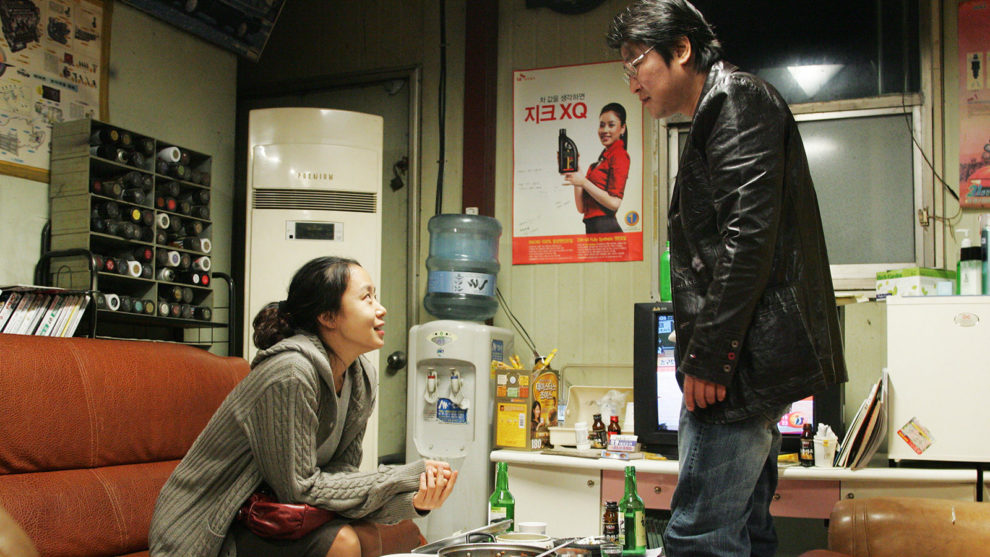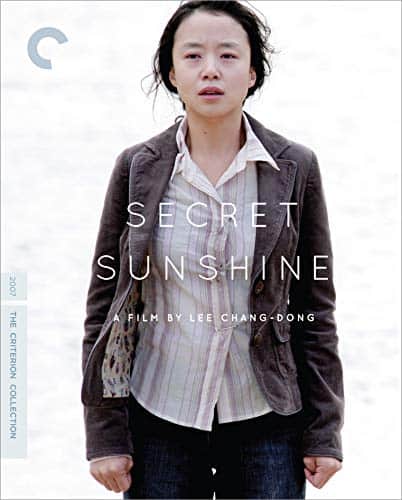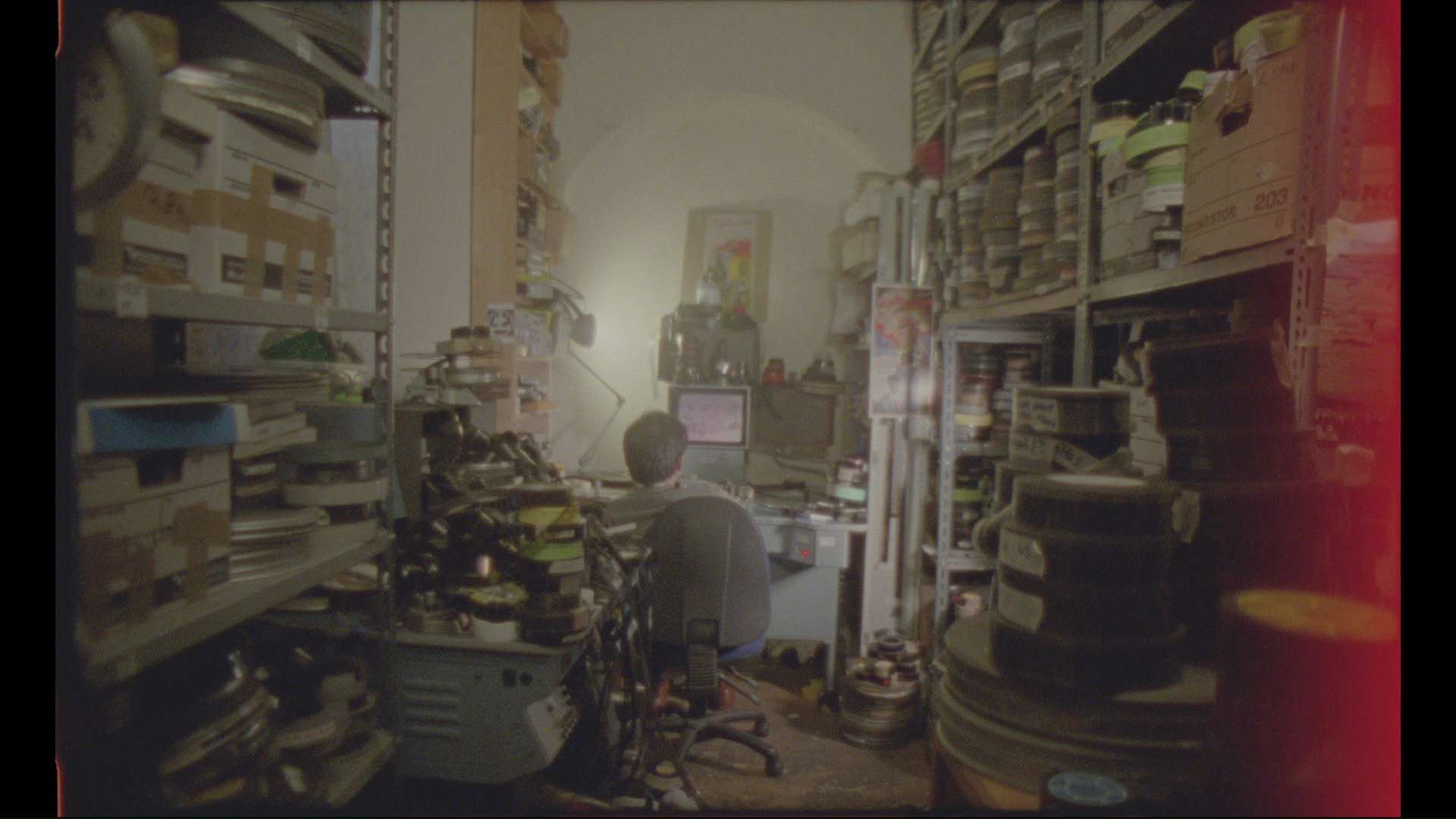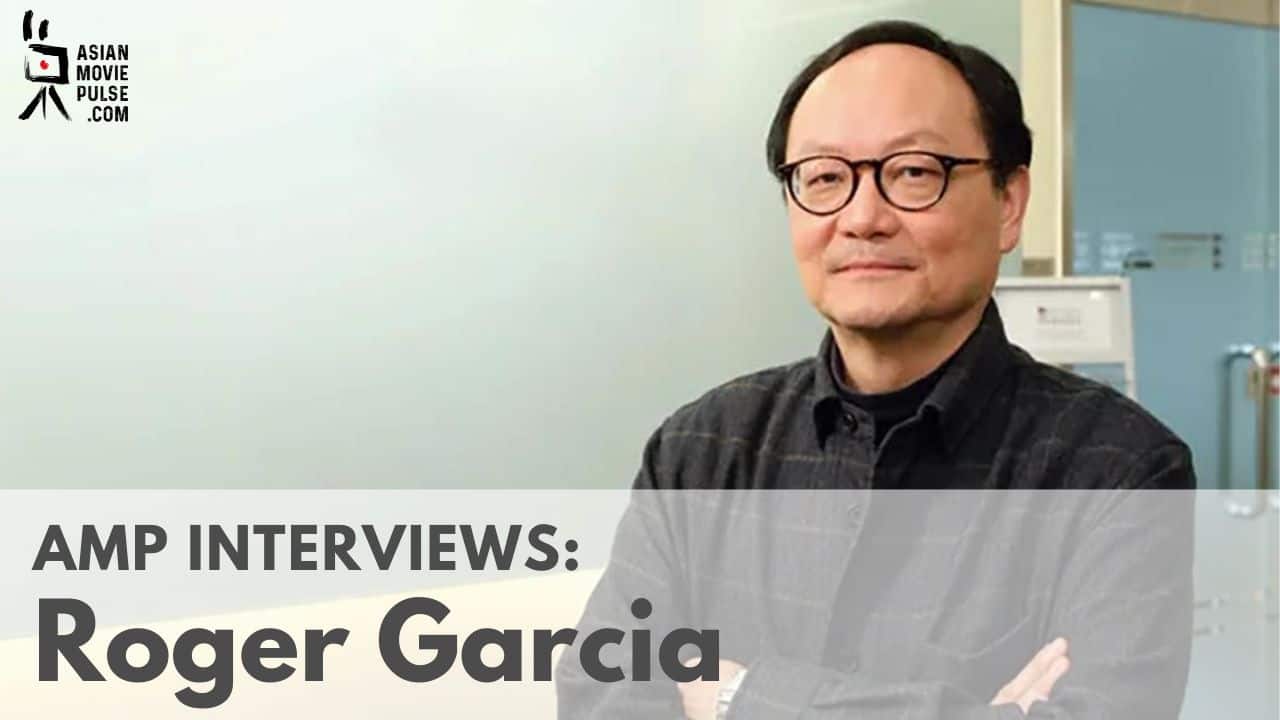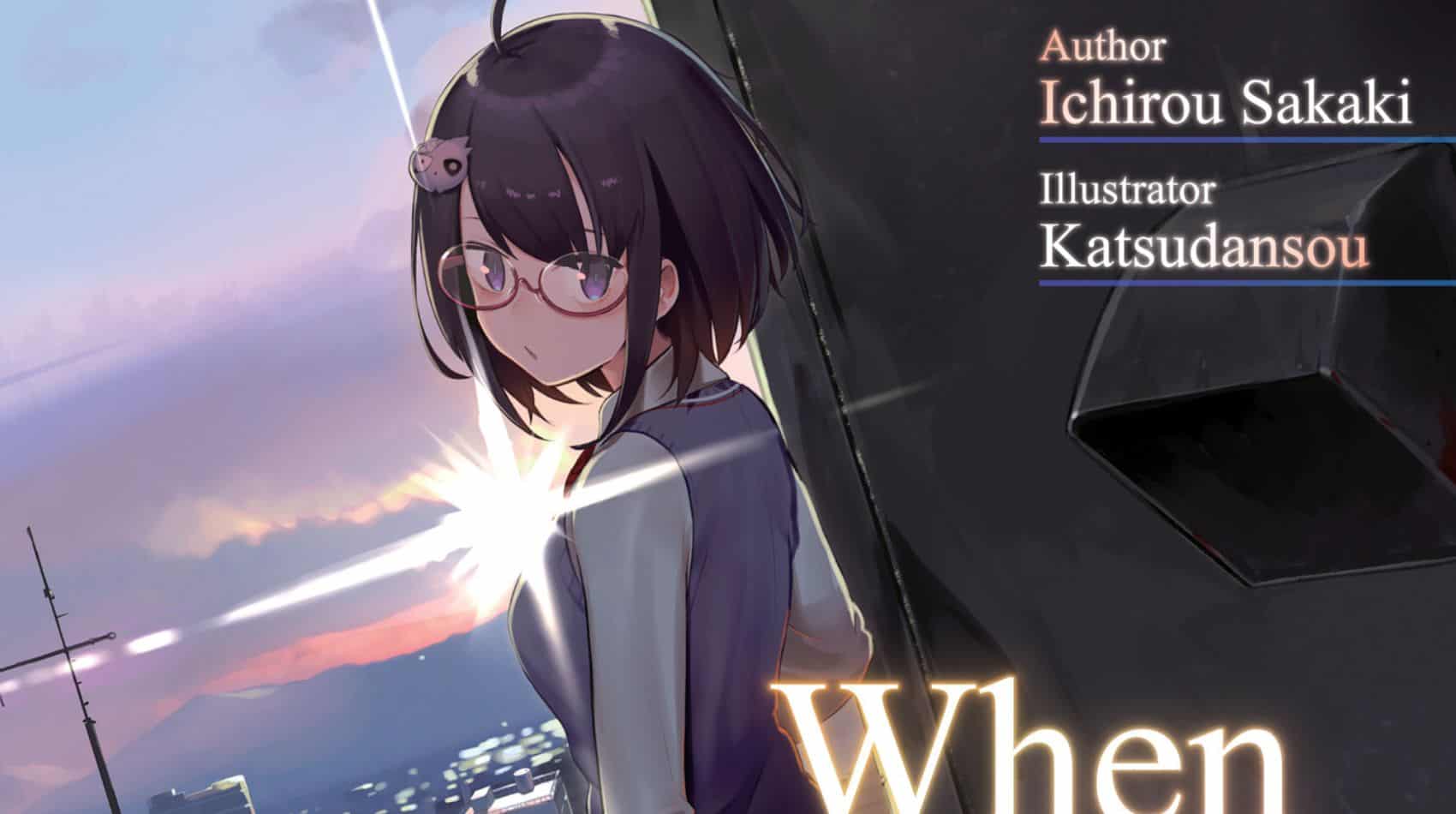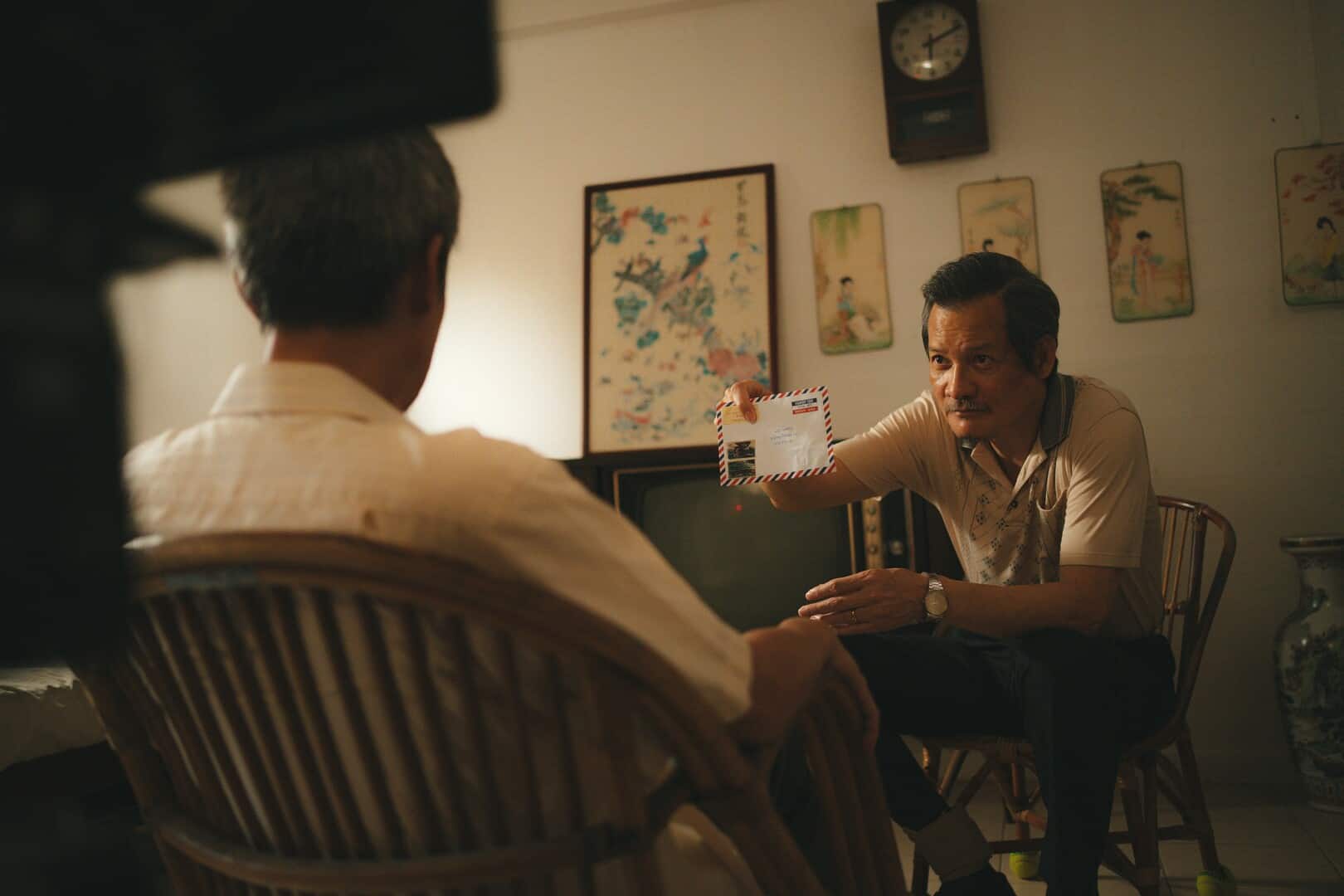When writing about Lee Chang-dong's movies, one finds it increasingly difficult to put his style into understandable terms. The words ‘ethereal' and ‘mystic' come to mind, although there are never any surreal moments throughout his films. Characters appear and disappear at random occurrences. Viewers constantly feel as though they are missing information, or that something in each scene feels… off. Conversations and actions constantly transition from lighthearted to relentlessly serious, all within a matter of seconds. Mix this with a mother grappling with grief and spirituality, and you get “Secret Sunshine,” a subtle yet intensely emotional human drama.
Buy This Title
At the beginning of “Secret Sunshine,” Lee Shin-ae and her only child, a little boy named Jun, are driving into Miryang, the town where Shin-ae's now-deceased husband was born. When the car breaks down, the family of two happen to meet a mechanic named Jong-chan, who is able to tow her car into town and, as a lifelong inhabitant, provide a brief background of Miryang. The movie proceeds with Lee Shin-ae engaging in a series of odd interactions: This includes the disapproving and condescending townspeople, who perceive Shin-ae as a big-city dweller and nothing more; the pharmacist who desperately tries to persuade Shin-ae to accept God into her life, and the ever-insistent Jong-chan, who simply wants to go on a date with the woman he has developed a crush on. With plenty of bizarre subtleties and surprising twists and turns, “Secret Sunshine” culminates into the exploration of a grieving woman's journey towards healing, and her peculiar relationship with an ambiguous Christian God who may or may not exist.
One of the major successes of “Secret Sunshine” occurs in the way the movie explores Christianity from a blandly skeptic lens, as opposed to a devoutly religious one. Shin-ae cries when she accepts God, but the scene is quiet and eerie—viewers are forced to think, ‘is this moment a happy one, or a sad and desperate one?' In another instance within the church, individuals line the pews with their heads dipped down in prayer; however they resemble more of an aisle of lost souls than a collective of religious enthusiasts seeking salvation.
Seeing as “Secret Sunshine” is a drama which relies on understated acting and random character quirks, the actors are what allow Lee Chang-dong's directorial effort to shine through in its fullest form. Jeon Do-yeon embraces the role of Lee Shin-ae, and her portrayal of a disoriented mother wandering through the phases of grief and disillusionment is so convincing that it verges on unsettling; for this, it is no surprise that Do-yeon was awarded the award for Best Actress at 2007's Cannes Film Festival.
This stellar lead performance is further uplifted by the always-amazing Song Kang-ho starring as Jong-chan. Song Kang-ho might be a staple in the South Korean entertainment industry, but his roles are volatile, almost always varying drastically—In “Secret Sunshine,” Song Kang-ho is a tentative lover, patient but persistent, understanding the fragile situation of intimacy during a time of distress.
Jo Yong-gyu is responsible for the cinematography, which is characterized by scenes of slow pacing, drawn-out shots and seemingly random, bizarre occurrences. The movie's ominously slow momentum (as well as its lack of a soundtrack) establishes the strange and magical quality of Lee's signature style, and allows the cast to engage the audience with their inventive and intricate roles to the fullest potential.
“Secret Sunshine” deals with tragedy in a way that feels uniquely human, despite its peculiarities. The movie is named after Miryang, the South Korean town that Lee Shin-ae and her son Jun move to upon the death of Jun's father. However, “Secret Sunshine” can easily act as a stand-in for the sentiment that viewers of Lee Chang-dong's work might experience: Although rarely visible, the underplay of emotions is always palpable.


